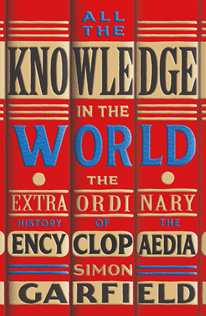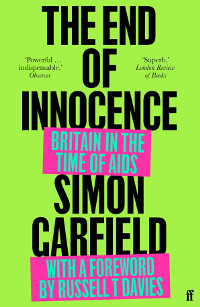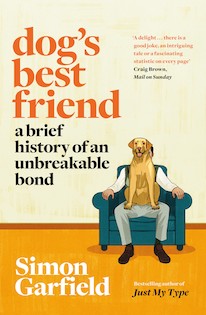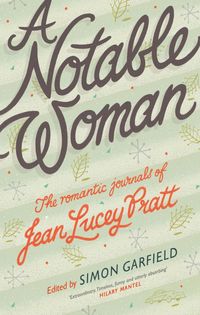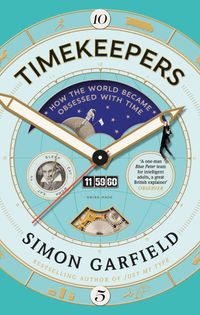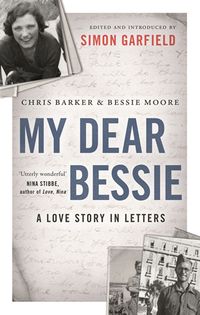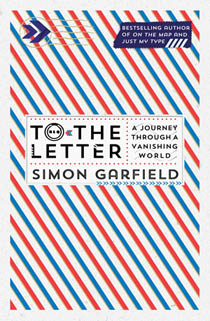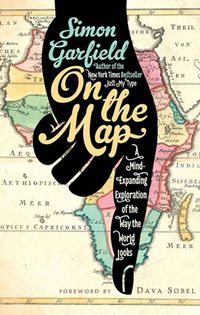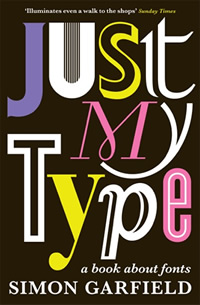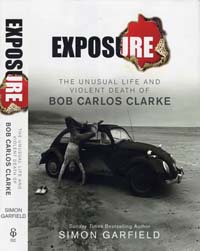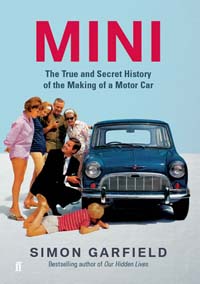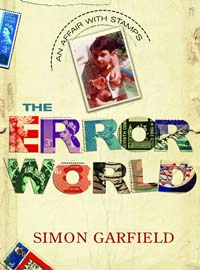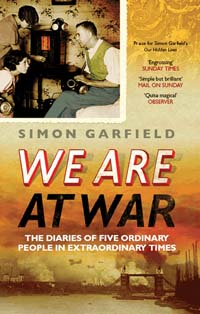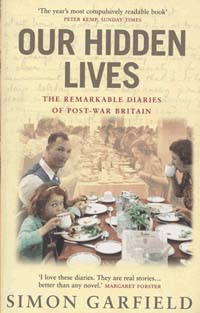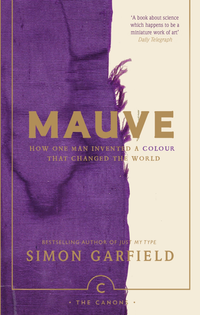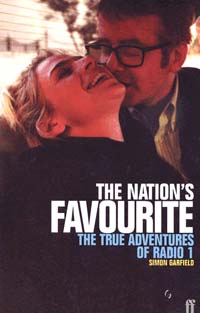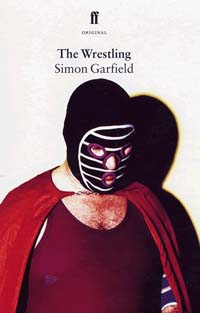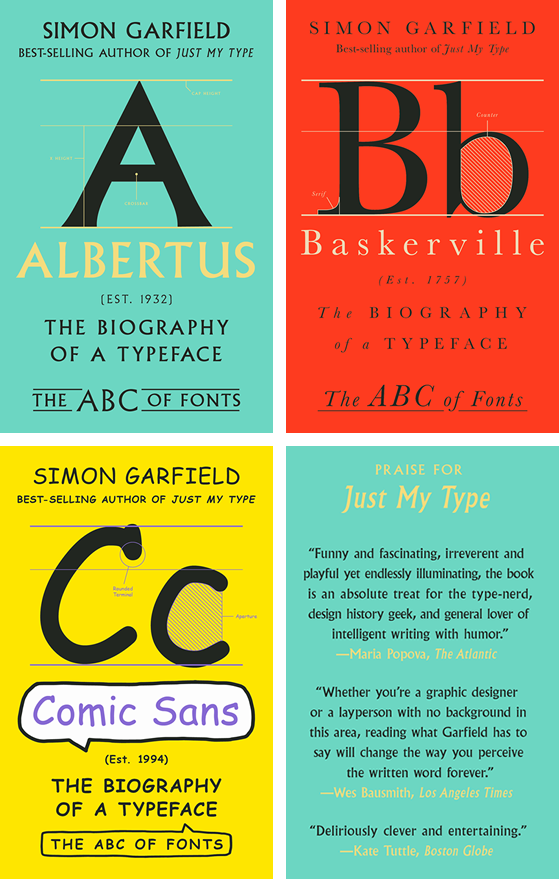
The ABC of Fonts: Albertus, Baskerville and Comic Sans
Three small books, three different typefaces.
The first is my favourite display face, the second is my favourite text face, and the third is - the third is Comic Sans.
Together, they may be the only typefaces you will ever need. At the very least I can promise three fascinating accounts of how these unique visual languages came to be and why they’ve endured (Albertus is from the 1930s, Baskerville from the 1750s, and Comic Sans will be 30 in 2024).
Each of the three made a brief appearance in my book Just My Type in 2010, but they now have a show of their own.
The story of Albertus (or at least my telling of it) begins in the Bronx in 1973 at the birth of hip hop before taking over much of London.
The story of Baskerville examines the obsessions of the man who made it and the restless safari of his corpse.
And the tragi-comic story of Comic Sans relates how a typeface got out of control.
Simon Garfield
Simon Garfield was born in London in 1960. He is the author of an appealingly diverse and unpredictable canon of non-fiction, including the bestsellers Mauve, Just My Type and On The Map. He is a trustee of Mass Observation, and is the editor of several books of diaries from the archive, including Our Hidden Lives and A Notable Woman. His recent books include Timekeepers, In Miniature, and All the Knowledge in the World: The Extraordinary History of the Encyclopaedia.

Other Books
His triumph is thrilling. It is quite impossible to exaggerate the power and dignity … its style and excitement continue to reverberate.
– Joseph Connolly on Albertus
We have found what may prove to be the one perfect vehicle for the English language.
– Beatrice Warde on Baskerville
You think I’m a malformed, pathetic excuse for a font. Well think again, nerdhole…

